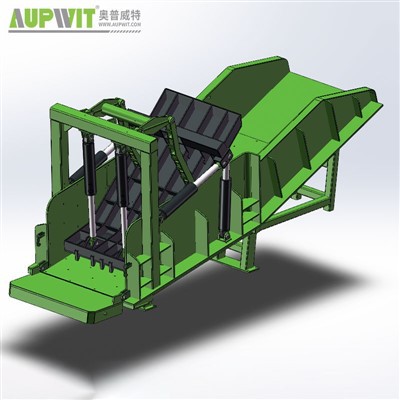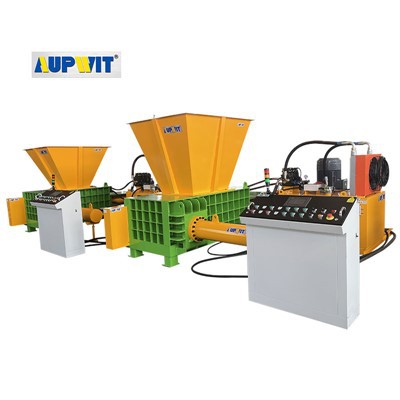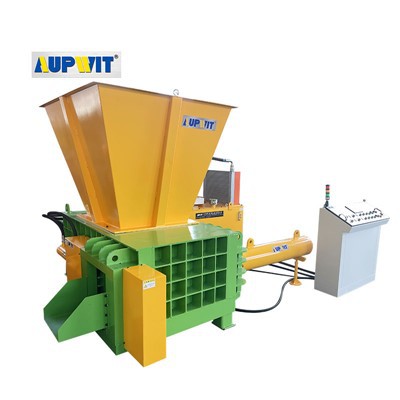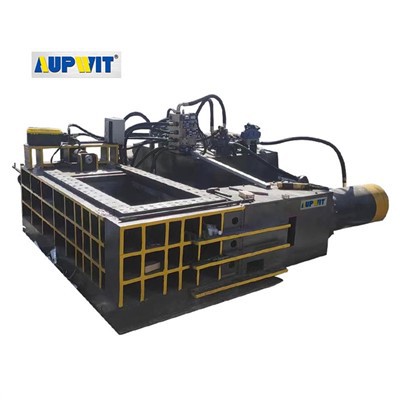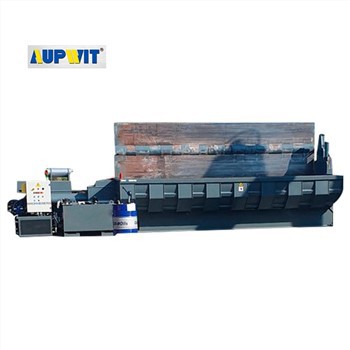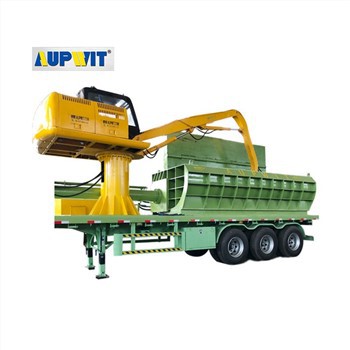Abnormal Bearing Heating in Metal Balers
Comprehensive analysis of causes and solutions for bearing overheating issues
1 Inadequate Lubrication
- Insufficient Grease Under-lubrication increases friction between rolling elements and raceways, generating excessive heat. A spherical roller bearing in the ram mechanism may overheat if grease is applied only once annually instead of the recommended quarterly interval.
- Contaminated Lubricant Dust, metal shavings, or moisture in the grease can degrade its viscosity and create abrasive wear. In a baler operating in a scrap yard, fine iron particles entering the bearing housing via open seals often cause this issue.
2 Misalignment or Improper Installation
- Shaft or Housing Misalignment Angular or parallel misalignment (e.g., >0.05° for precision bearings) forces abnormal loads, causing uneven wear and heat buildup. Common when replacing bearings without using alignment tools.
- Over-Tightening or Loose Fit A bearing pressed with too much interference can deform the inner ring, while a loose fit may cause "shaft skidding." Both conditions lead to friction and heat generation.
3 Excessive Load or Overworking
- Mechanical Overload Continuous operation with bales exceeding the baler's rated capacity increases radial and axial loads on bearings. Compressing 1,200 kg instead of 1,000 kg per cycle makes main drive shaft bearings particularly vulnerable.
- Vibration-Induced Stress Unbalanced rotors or misaligned belts create resonant vibrations, causing micro-fatigue in bearings. A damaged pulley can cause gradual heat generation through vibration.
4 Environmental Factors
- High Ambient Temperature Operating in enclosed, poorly ventilated spaces reduces the bearing's ability to dissipate heat. Common in summer months or indoor recycling facilities (>40°C environments).
- Corrosion from Moisture/Salts In coastal or humid environments, condensation or salt exposure can rust bearing surfaces. Stainless steel bearings may be required but are often overlooked in standard setups.
5 Worn or Faulty Bearings
- Fatigue Wear Extended use leads to spalling (flaking) of the raceway surfaces, creating uneven rotation. Typical in older balers with original bearings (10,000+ hours without replacement).
- Manufacturing Defects Poorly heat-treated bearings or incorrect internal clearances can cause premature failure. Too little radial play for high-temperature applications leads to early overheating.


